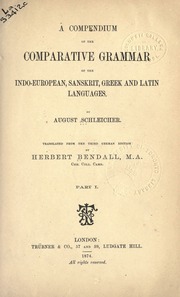

This screams FAITH (Filthy Assumptions Instead of THinking) from a distance, on multiple levels:
- Assuming that the current machine learning development will lead to artificial general intelligence. Will it?
- Assuming that said AGI would appear in time to reduce power consumption. Will it?
- Assuming that lowering the future power consumption will be enough to address issues caused by the current power consumption. Will it?
- Assuming that addressing issues from a distant future means that the whole process won’t cause harm for people in a nearer future. Will it?
Furthermore, Gates in the quote is being disingenuous:
“Let’s not go overboard on this,” he said. “Datacenters are, in the most extreme case, a 6 percent addition [to the energy load] but probably only 2 to 2.5 percent. The question is, will AI accelerate a more than 6 percent reduction? And the answer is: certainly,” Gates said.
The answer addresses something far, far more specific than the main issue.
If I may, here’s my alternative solution for the problem, in the same style as Gates’:
Kill everyone between the North Pole and the Equator.
What do you mean, it would kill 85% people in the world? Well, you can’t make an omelet without breaking some eggs, right? Nobody that I know personally lives there, so Not My Problem®. (Just keep Japan, I need my anime to watch.)
…I’m being clearly sarcastic to deliver a point here - it’s trivially easy to underestimate issues affecting humankind, and problems associated with their solutions, if you are not directly affected by either. Gates is some billionaire bubbled around rich people; this sort of problem will affect the poor first, as the rich can simply throw enough money into their problems to make them go away.




















Kind of. I live with my mother so the house expenses are shared - sometimes I’m short on money and she covers it for me, sometimes it’s the opposite.
Sometimes either of us cover my sister’s financial arse too, even if she doesn’t live with us.